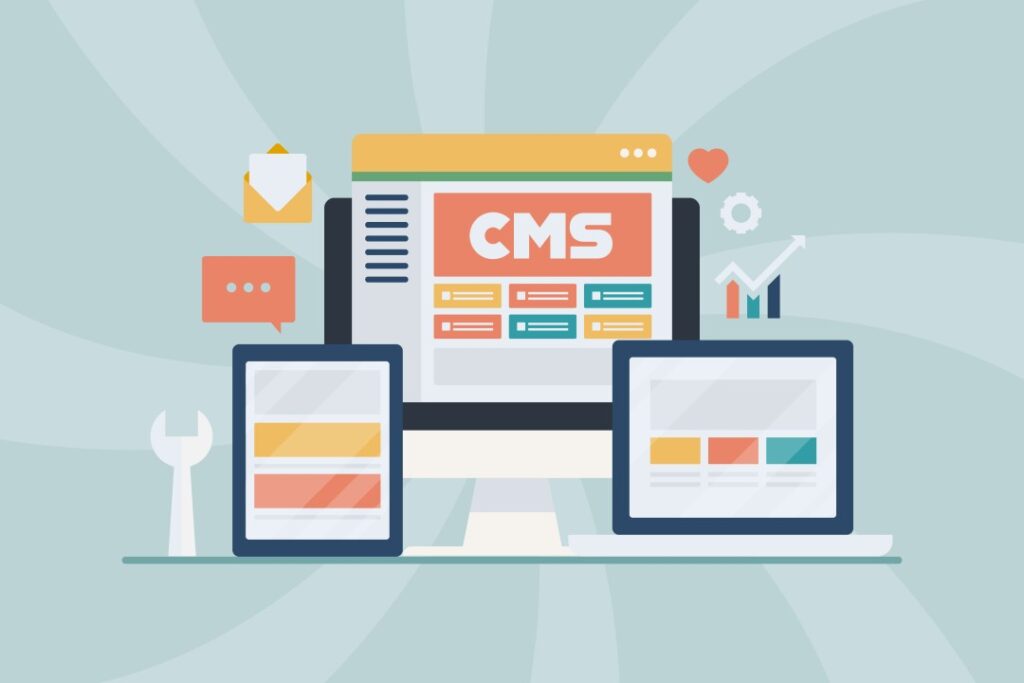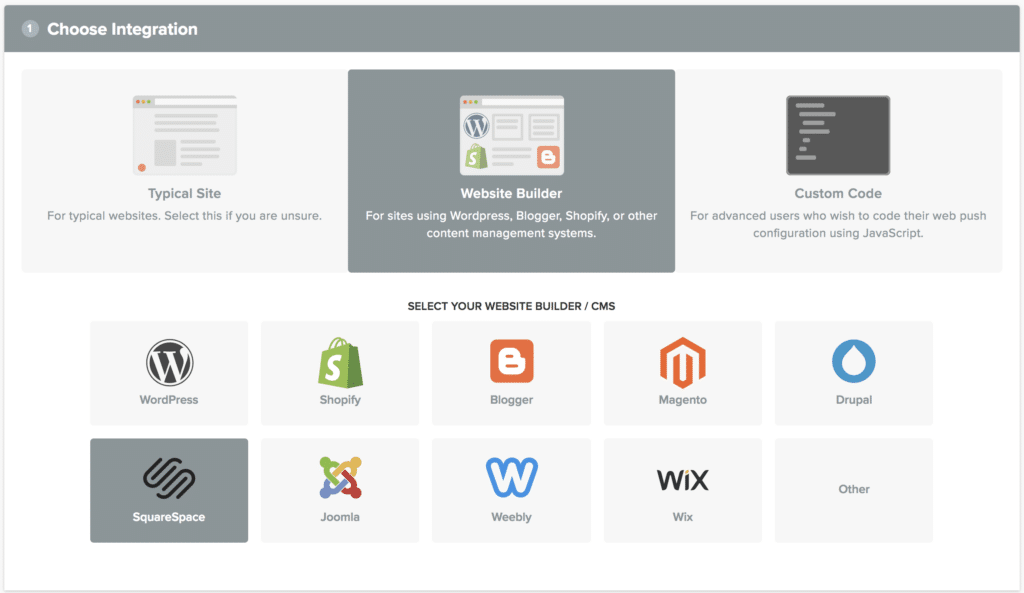Can you name some of the best CMS platforms in 2024? In the ever-evolving world of website creation, Content Management Systems (CMS) have become essential tools for individuals and businesses alike. These platforms provide a user-friendly interface to manage, organize, and publish content, making website development and maintenance more accessible than ever before.
This article showcases the 9 best CMS platforms to consider for your digital projects. From popular contenders to emerging stars, we’ll explore each platform’s features, benefits, and unique offerings to help you make an informed choice.
Contents
1. WordPress

With over 40% of websites powered by its platform, WordPress continues to dominate the CMS landscape. Renowned for its flexibility, extensive theme and plugin ecosystem, and user-friendly interface, WordPress caters to both beginners and advanced users. Its vast community ensures constant updates, security patches, and support. Whether you’re creating a blog, e-commerce site, or corporate website, WordPress remains a top choice.
2. Drupal
Drupal is a robust CMS platform favored by developers for its flexibility and scalability. It excels in handling large and complex websites that require advanced customization and intricate content structures. Drupal’s modular architecture and extensive API support empower developers to create highly tailored solutions. While it may have a steeper learning curve, Drupal is an excellent choice for enterprise-level projects and community-driven websites.
3. Joomla
Joomla strikes a balance between ease of use and advanced functionality. With its intuitive interface and extensive extension library, Joomla empowers users to create diverse websites, from personal blogs to corporate portals. Its powerful templating system enables developers to customize designs effortlessly. Joomla’s strong community and documentation ensure ongoing support and updates, making it a reliable choice for a wide range of projects.
4. Shopify
Shopify reigns as the leading CMS platform for e-commerce websites. Designed specifically for online stores, it offers a user-friendly interface, secure hosting, and extensive e-commerce features. Shopify simplifies product management, inventory tracking, and payment processing, making it an ideal choice for entrepreneurs and small businesses. With its vast app store and theme marketplace, Shopify allows for easy customization and scalability.
5. Magento
Magento is a robust CMS platform that caters to mid-sized and large-scale e-commerce businesses. With its extensive range of features, including advanced inventory management, multi-store capabilities, and powerful SEO tools, Magento empowers businesses to create immersive online shopping experiences. While it requires technical expertise to set up and maintain, Magento delivers unparalleled flexibility and scalability for ambitious e-commerce ventures.
6. Wix
Wix is a user-friendly CMS platform that appeals to beginners and creative professionals. Its drag-and-drop editor, wide selection of pre-designed templates, and intuitive interface make website building a breeze. Wix offers built-in hosting, seamless integrations, and an app market for extended functionality. Whether you’re a blogger, artist, or small business owner, Wix’s visually stunning designs and ease of use make it a popular choice.
7. Squarespace
Squarespace is renowned for its beautiful templates, minimalist designs, and seamless user experience. It caters to individuals and small businesses looking to create visually striking websites without extensive coding knowledge. Squarespace offers integrated hosting, e-commerce capabilities, and a powerful blogging platform. With its focus on aesthetics and user-friendly tools, Squarespace is a top choice for those who value design and simplicity.
8. Ghost
Ghost is a CMS platform designed specifically for bloggers and publishers. Known for its simplicity and elegant writing experience, Ghost focuses on content creation and optimization. It offers built-in SEO features, a distraction-free writing environment, and a flexible editor. Ghost is lightweight, fast, and easy to use, making it an excellent choice for bloggers and content-focused websites.
9. Craft CMS
Craft CMS is an emerging platform gaining popularity among developers and design-focused agencies. With its flexible content modeling, intuitive control panel, and powerful templating engine, Craft CMS allows for highly tailored website development. It offers an excellent balance between ease of use and customizability, making it a preferred choice for developers and creative professionals.
Conclusion
Choosing the right CMS platform is crucial for establishing a successful digital presence. Each of the 9 best CMS platforms for 2023 offers unique strengths and caters to different needs and skill levels. WordPress remains the undisputed champion, providing unparalleled versatility and a vast ecosystem of themes and plugins. Drupal and Joomla excel in complex and community-driven projects, while Shopify and Magento dominate the e-commerce landscape. Wix, Squarespace, Ghost, and Craft CMS offer user-friendly interfaces and customizable design options.
Consider your specific requirements, such as the nature of your project, the level of customization needed, and budgetary constraints, to select the CMS platform that aligns with your goals. Remember to evaluate factors like scalability, ease of use, available support, and integration capabilities. With the right CMS platform at your disposal, you can embark on a seamless and successful website-building journey, elevating your online presence and engaging your audience effectively in 2023 and beyond.




